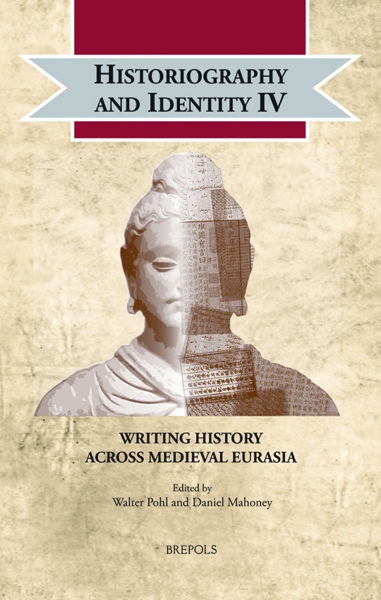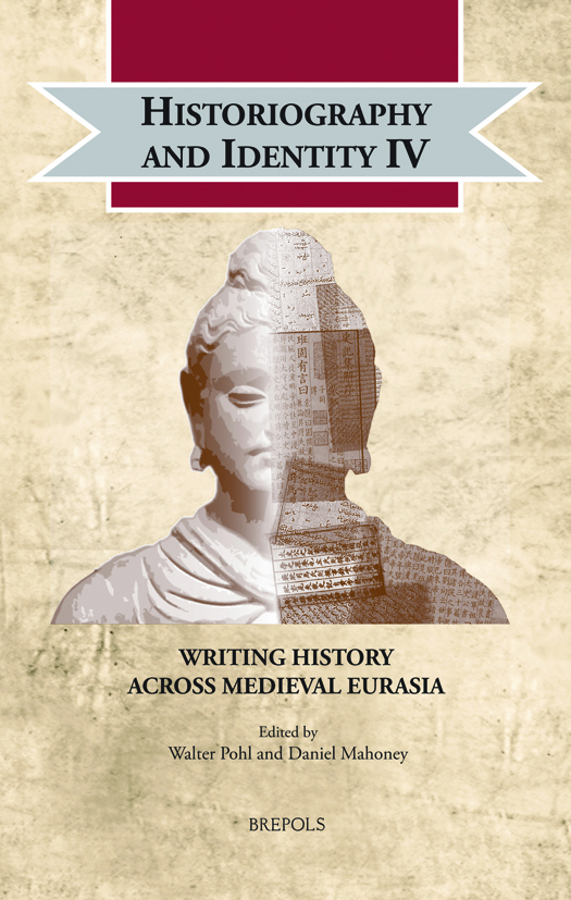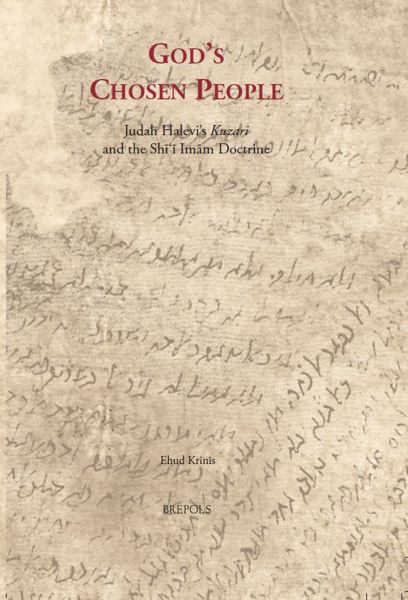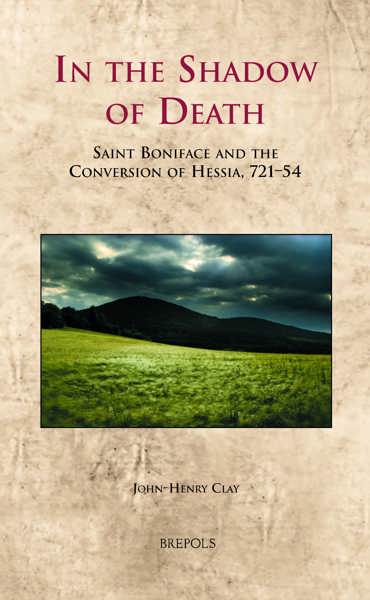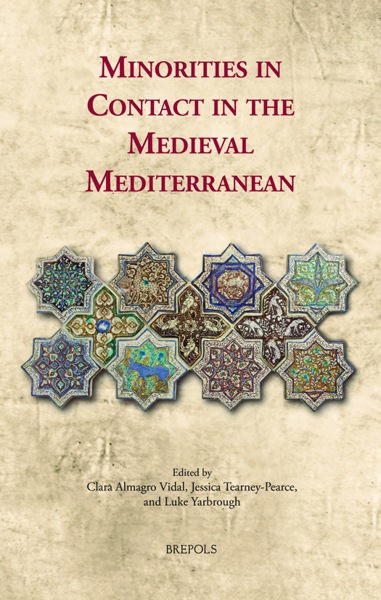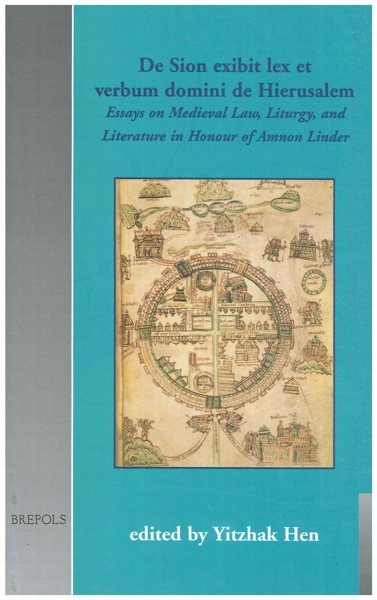
Historiography and Identity IV: Writing History Across Medieval Eurasia
Walter Pohl, Daniel Mahoney (eds)
- Pages: x + 377 p.
- Size:156 x 234 mm
- Illustrations:6 b/w
- Language(s):English
- Publication Year:2021
- € 100,00 EXCL. VAT RETAIL PRICE
- ISBN: 978-2-503-58658-8
- Hardback
- Available
- ISBN: 978-2-503-58659-5
- E-book
- Available
Explores the social function of historical writing from across various world regions from Europe through the Islamic world to China, around the turn of the millennium, and how they construct and shape identities, as well as communicate ‘visions of community’ and legitimate political claims.
“Overall, the essays in this volume work well together to achieve the aims set out in the introduction, and scholars and students of global medieval history will certainly gain insight from the individual contributions but will also benefit greatly from taking this collection as a coherent set of case studies with a common goal.” (Young Richard Kim, in SPECULUM, 99/2, 2024, p. 618)
"...whether or not a particular contribution has something new to say to specialists, each has a great deal to say to those in proximate and analogous fields, which is surely worth as much as again plowing furrows with which one is too familiar." (Michael Kulikowski, in The Medieval Review, May 2025)
« On a à faire, en somme, à un volume stimulant qui démontre le potentiel des études comparatives sur l’historiographie médiévale. » (Revue des études byzantines, 83, 2025, p. 379)
Walter Pohl is Professor of Medieval History at the University of Vienna and Director of the Institute for Medieval Research at the Austrian Academy of Sciences.
Daniel Mahoney is Post-Doctoral Researcher at the Department of Languages and Cultures, University of Ghent.
Historical writing has shaped identities in various ways and to different extents. This volume explores this multiplicity by looking at case studies from Europe, Byzantium, the Islamic World, and China around the turn of the first millennium. The chapters in this volume address official histories and polemical critique, traditional genres and experimental forms, ancient traditions and emerging territories, empires and barbarians. The authors do not take the identities highlighted in the texts for granted, but examine the complex strategies of identification that they employ. This volume thus explores how historiographical works in diverse contexts construct and shape identities, as well as legitimate political claims and communicate ‘visions of community’.
Preface
Introduction: Historiography and Identity in a Comparative Perspective — WALTER POHL
‘National History’ in Post-Imperial East Asia and Europe — Q. EDWARD WANG
The Wars of Procopius and the Jinshu of Fang Xuanling: Representations of Barbarian Political Figures in Classicizing Historiography — RANDOLPH B. FORD
Mythology and Genealogy in the Canonical Sources of Japanese History — BERNHARD SCHEID
Iran’s Conversion to Islam and History Writing as an Art for Forgetting — SARAH BOWEN SAVANT
Iran and Islam: Two Narratives — MICHAEL COOK
The Formation of South Arabian Identity in al-Iklīl of al-Hamdānī — DANIEL MAHONEY
Convergence and Multiplicity in Byzantine Historiography: Literary Trends in Syriac and Greek, Ninth to Twelfth Centuries — SCOTT FITZGERALD JOHNSON
The Byzantine Past as Text: Historiography and Political Renewal c. 900 — EMMANUEL C. BOURBOUHAKIS
Scriptores post Theophanem: Normative Aspects of Imperial Historiography in Tenth-Century Byzantium — YANNIS STOURAITIS
Who were the Lotharingians? Defining Political Community after the End of the Carolingian Empire — SIMON MACLEAN
Spaces of ‘Convivencia’ and Spaces of Polemics: Transcultural Historiography and Religious Identity in the Intellectual Landscape of the Iberian Peninsula, Ninth to Tenth Centuries — MATTHIAS M. TISCHLER
Mapping Historiography: An Essay in Comparison — WALTER POHL
Index
